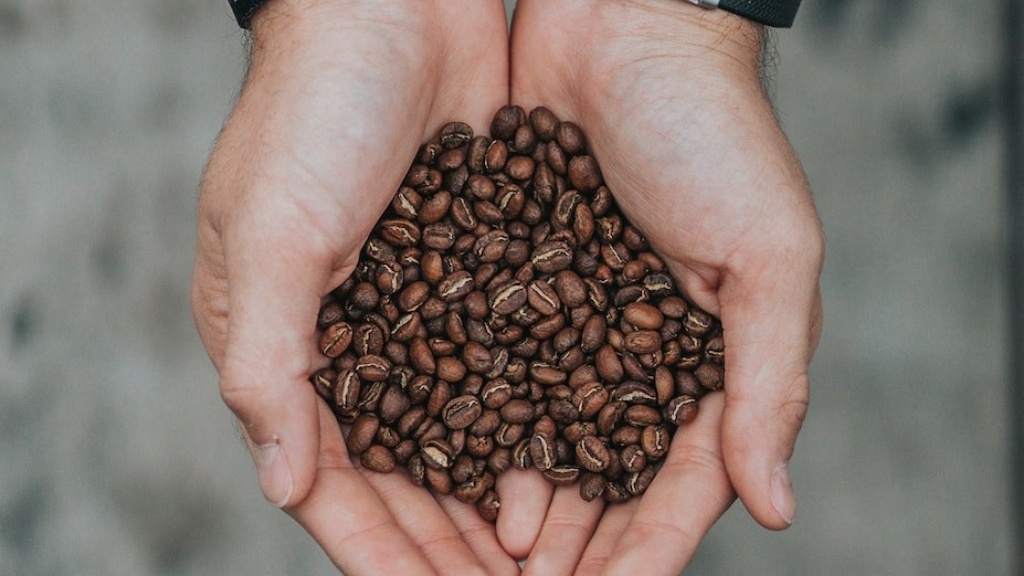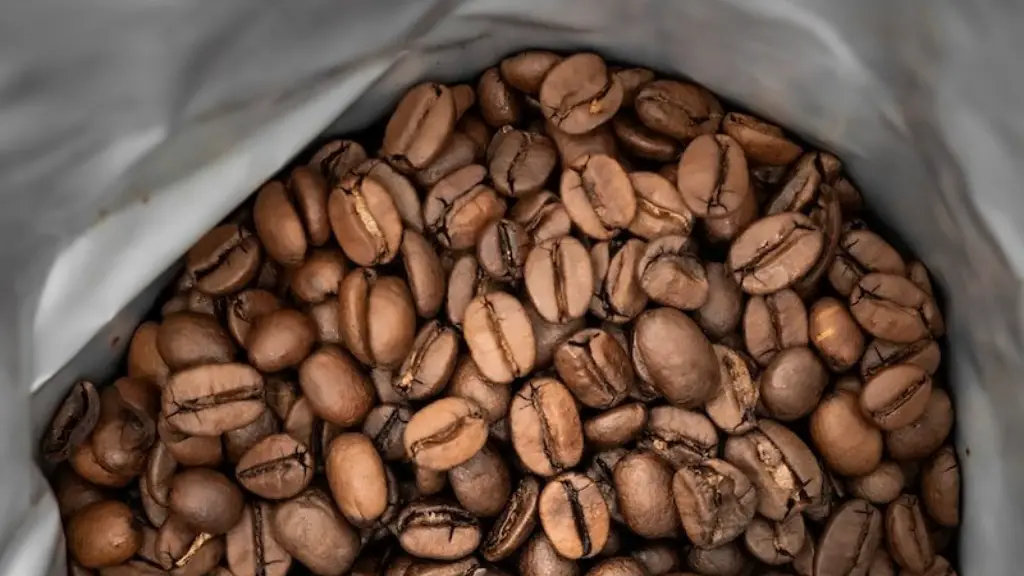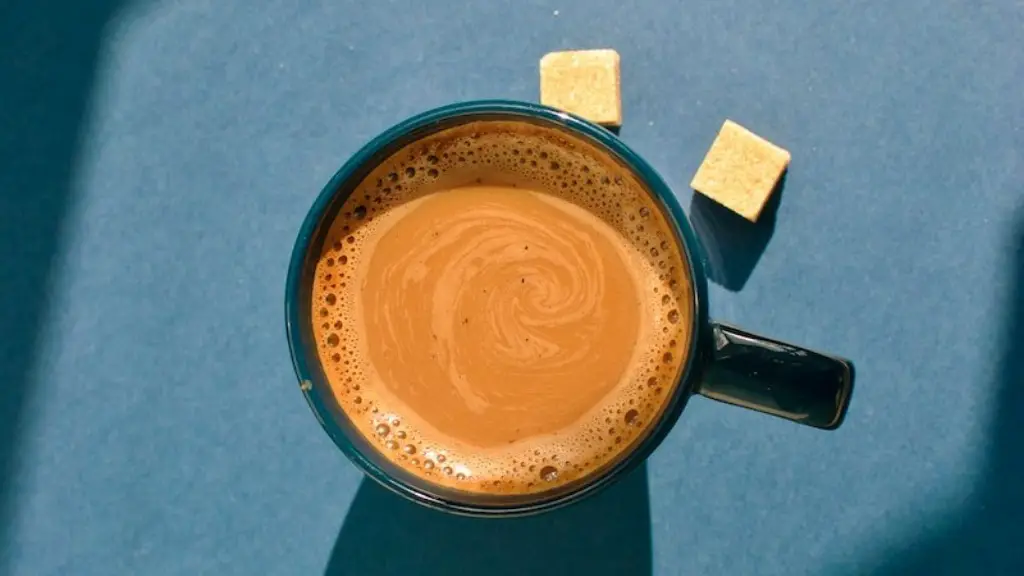Pros of drinking coffee or tea while intermittent fasting
Coffee and tea are two of the most popular beverages consumed around the world. At the same time, intermittent fasting has become a popular approach for weight loss and improving overall health. Intermittent fasting refers to an eating window during which meals are consumed within a specific timeframe, most commonly between 8 am and 8 pm. The purpose of intermittent fasting is to reduce the total number of calories consumed while still maintaining the essential nutrients the body needs to function. With this in mind, it’s understandable why many people are wondering if they can drink coffee or tea while intermittent fasting.
A study conducted at the University of Barcelona found that both coffee and tea may have positive effects on metabolic health during intermittent fasting. In terms of coffee, the researchers found that antioxidants and caffeine present in the beverage may be helpful when it comes to controlling hunger and cravings during a fast. As for tea, the study found that the beverage can boost overall energy levels and help the body more efficiently metabolize the foods consumed during feasting periods.
Intermittent fasting expert Dr. Michael Roussell agrees that coffee and tea can be beneficial for those who practice intermittent fasting. According to Dr. Roussell, caffeine generally helps people feel less fatigued during a fast because it has a stimulating effect on the body. However, he also cautions against having too much caffeine during a fast. According to Dr. Roussell, having too much caffeine can lead to feelings of restlessness and anxiety, which can ultimately lead to overeating and sabotaging the fasting window.
For those who do decide to drink coffee or tea while intermittent fasting, the key is to practice moderation. Many experts recommend limiting caffeine intake to no more than 400 milligrams per day — which is equivalent to four cups of brewed coffee or 10 cups of brewed tea. Of course, Dr. Roussell also recommends that anyone who drinks coffee or tea while intermittently fasting should also make sure they stay hydrated by drinking plenty of water.
Cons of drinking coffee or tea while intermittent fasting
While there are some potential benefits to drinking coffee and tea while intermittently fasting, there are also some potential risks. The University of Barcelona study found that heavy consumption of either beverage may disrupt the body’s natural circadian rhythms — which is the internal clock that helps regulate the sleep-wake cycles of individuals. When the body’s circadian rhythms are off track, it can lead to impaired cognitive function, as well as increased levels of stress and fatigue.
For individuals with pre-existing health conditions, such as heart disease, diabetes or high blood pressure, caffeine intake can also have deleterious effects. According to Mayo Clinic, caffeine can increase heart rate and blood pressure, which can be troublesome for people with these conditions. It’s also important to note that caffeinated beverages are not calorie-free, which means they can still contribute to weight gain if they are consumed in excess.
Overall, it’s important to understand that there are both pros and cons to drinking coffee or tea while intermittent fasting. The key is to practice moderation and be mindful of the ingredients contained in any caffeinated beverages consumed. For example, avoiding sugary coffee drinks like lattes and frappuccinos and opting for black coffee or tea can be beneficial for those who are trying to lose weight.
Research on the benefits of coffee and tea
Research suggests that both coffee and tea have beneficial effects for those who practice intermittent fasting. A separate study conducted by the University of British Columbia found that coffee consumption was associated with a lower risk of mortality in those who practiced intermittent fasting and consumed an average of 3 to 4 cups per day. The study also found that the antioxidant quercetin, which is found in abundance in tea, was associated with a decreased risk of mortality in intermittent fasters who consumed 1 to 2 cups of tea per day.
Moreover, a recent US National Library of Medicine study found that caffeine intake, regardless of whether it is derived from coffee or tea, may have positive effects on metabolic biomarkers — which are substances found in blood that can provide indicators of health. The researchers concluded that moderate caffeine consumption during a fast may help reduce inflammation and improve insulin sensitivity, both of which are important for overall health.
To sum up, the evidence suggest that drinking coffee or tea in moderation while intermittent fasting can be beneficial. However, it is important to note that more research is needed to fully understand the effects of both beverages on health. Additionally, people should be mindful of how much caffeine they are consuming, as well as any additional ingredients that may be in the beverages.
Tips for those who drink coffee or tea while intermittent fasting
For those who do decide to drink coffee or tea while intermittent fasting, there are some important tips to be aware of. First and foremost, it’s important to keep in mind that caffeine is a diuretic and can lead to dehydration, so it’s important to make sure you are drinking plenty of water throughout the day. Additionally, it’s important to be mindful of what you are adding to your brew, as many creamers and sweeteners can be high in calories — both of which can lead to weight gain and defeat the purpose of the fast.
Another important tip is to make sure you are mindful of the quantity of coffee or tea you are consuming. As mentioned previously, it’s important to limit caffeine consumption to 400 milligrams a day. For those who are sensitive to caffeine, it’s important to consume the beverages during the beginning of the fast to ensure they are not disrupting sleep at night. It’s also important to note that decaffeinated coffee and herbal tea are both good alternatives for those who don’t want to consume too much caffeine.
Strategies to avoid dehydration while fasting
Dehydration can be a serious issue when it comes to intermittent fasting, particularly if the individual is consuming coffee or tea. The good news is that there are some simple strategies to minimize dehydration. First and foremost, it’s important to make sure you are drinking plenty of water throughout the day. Drinking a tall glass of water before and after each meal can be beneficial as well. Additionally, it’s also important to incorporate electrolyte-rich foods, such as bananas and oranges, into the diet. These foods can help the body replenish lost electrolytes and stay hydrated.
It’s also important to limit alcohol consumption if you are practicing intermittent fasting. Alcohol is a diuretic just like coffee and tea, and can lead to dehydration. If a person does decide to drink alcohol, it’s important to hydrate before and after the drinks, as well as opt for low calorie and low sugar beverages such as vodka and soda or a gin and tonic.
What to keep in mind when replacing meals with coffee or tea while fasting
Finally, it’s important to keep in mind that coffee and tea are not a replacement for meals. Drinking coffee or tea while intermittent fasting can help reduce hunger and cravings, but they are not a full meal replacement. It’s important to make sure you are consuming the right nutrients and calories during the designated eat window. Additionally, for those who do decide to drink coffee or tea during the fasted state, it’s important to make sure the beverages are not loaded with creamers, sugars and additional calories — as this could lead to weight gain.
For those who decide to practice intermittent fasting and consume coffee or tea, it’s important to make sure the beverages are unsweetened and free from unnecessary calories. Additionally, it’s important to practice moderation and stay hydrated throughout the day. With the right approach and constant monitoring of the effects of caffeine, coffee and tea can be beneficial for those who practice intermittent fasting.




